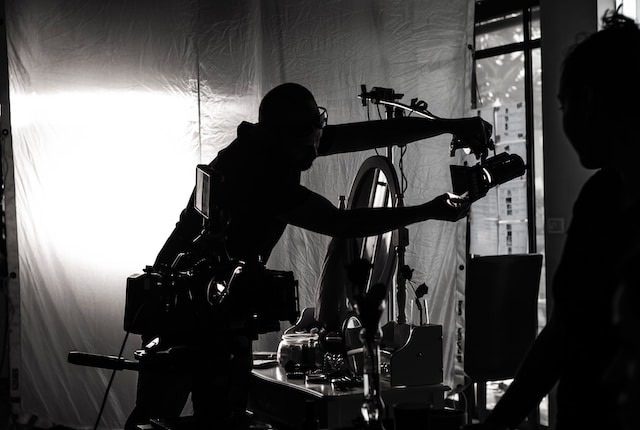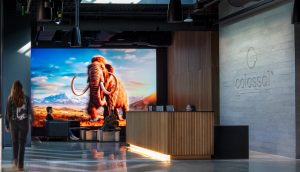
Filmmaking is the art and process of creating unique cinematic pieces that tell meaningful stories and leave a mark on many. The entire process is the result of the collaborative efforts of various professionals. It includes writers, directors, cinematographers, actors, editors, sound designers, and producers, who work together to bring a story to life on the screen.
And alongside the hard work of these professionals, there are a few essential resources that facilitate the success of their work and lead to the beautiful productions we see on our screens.
A good filming location is one of the most fundamental essentials in the filmmaking process. It can significantly impact the overall look, feel, and authenticity of the story being told on the screen, to how it is orchestrated into a final draft post production.
A well-chosen location can add to the story’s depth and help bring it to life for the audience. Whether it’s a studio or an outdoor space, finding an area supporting multiple filming requirements is necessary for efficient production.
Hence, there are several importances that producers must consider when choosing a filming location, as, without it, the entire process becomes near impossible to carry out. Here’s a look at a few that one should consider.
Setting the Scene
The right filming location sets the tone for the film and creates the right atmosphere. It helps to establish the time period and the mood of the film. The space plays a significant role in making the film more authentic and realistic. Hence, it becomes necessary to choose a location that will support different scene ideas and enhance the quality of the final product.
Enhancing the Visuals
The right location can enhance the scenes within the film. It provides producers with creative backdrops that can deliver suitable colors, textures, and lighting that will add to the overall aesthetics of the film. These elements are crucial for a film’s visual appeal. Hence, choosing the perfect film studio (e.g., film studio NYC) for your production really matters, based on the content you plan to shoot in a particular location. That will contribute to a film’s visual dynamics and improve the production quality becomes necessary.
Affecting the Performance
The location can affect the performance of the actors. A good filming area can help actors get into character and feel more connected to the story they are telling. A low-quality filming location can be distracting and make it difficult for actors to focus. Hence, producers must choose a space that will boost actor performances and produce high-quality production results.
Adequate Safety
Safety is always a concern when filming on location. Choosing an area that is safe and has the necessary permits and permissions is crucial. Suitable space will be safe for the cast and crew and will not harm them. It will help producers ensure they can film efficiently and reduce the risk of significant safety concerns during production.
Cost-Effective
The location can also affect the budget of the film. Some areas are more expensive than others, and some may require additional expenses such as permits, security, and insurance. Choosing the right location can help keep the budget under control and be a cost-efficient investment for producers. Not only can they acquire a reliable filming space, but they also don’t have to overspend, which leaves them with additional funds to get better filming resources for production.
What Happens When You Don’t Choose the Right Location?
We know the importance of choosing a suitable filming location and how it can benefit producers. However, knowing what happens if one doesn’t choose the right filming space is also necessary. Here’s a look at the downsides that one can face.
Unrealistic Atmosphere
If the filming location doesn’t match the script, it can make the atmosphere and setting of the story feel unrealistic and unconvincing. This reduces the film’s relatability and can bring down the production quality, leading to low-quality products.
Poor Visuals
The wrong location can have poor lighting or unattractive backgrounds that can affect the production’s visual appeal. It can make the film feel rushed and low-effort, and turn people away, even if the story is meaningful.
Legal Issues
Filming in a location without proper permits or authorization can lead to legal issues and fines, which can cause delays and add to the production’s cost. It can also affect deadlines and cause doubt within the team if all legal issues don’t get resolved instantly.
Endnote
A suitable filming location can make or break the production process and affect the quality of films significantly. Hence, choosing a space that gives producers several opportunities to deliver high-quality productions becomes necessary. By paying attention to the importance of a good filming area and understanding the downsides of not doing so, producers must choose a location that will boost production quality and allow them to deliver meaningful films in the long run.








